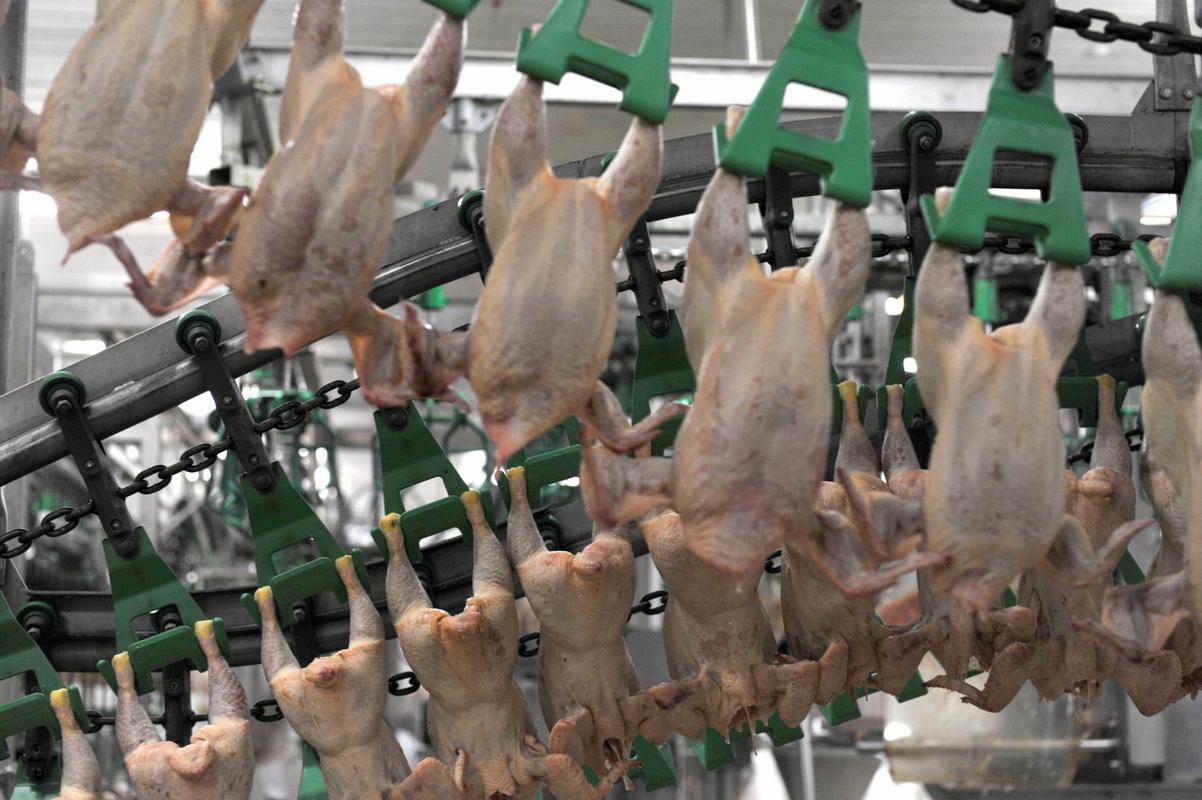
.
Slovenian consumers are more and more inclined towards food of local origin; it can be noticed also from the advertising placed by traders in foodstuffs. Practically all the larger traders draw attention to Slovenian origin of meat, vegetables, fruit or meat products sold in their shops. The research made in the end of the last year on request of the Food Supply Chain Relationships Ombudsman revealed that three largest chains promote mostly Slovenian suppliers of alimentary products.
The question whether all products labelled "Slovenian" actually come from Slovenia remains unanswered, as the marking is voluntary. Due to misuse, some initiatives have already been made at the EU level demanding stricter supervision of use of such marking, and harsher punishment for those who mislead their customers.
The national scheme of marking meat with the "prime quality - Slovenia" label will, for the time being, assure that beef and poultry meat was reared and processed in Slovenia; the same goes for cow's, sheep's, and goat's milk. Slovenia is self-sufficient in supply of bovine and poultry meet, thus the imported quantity of meat is much smaller than for other types of meat, while only one third of the demand for pork is covered by Slovenia.
The non-governmental Slovenian Consumers' Organisation has been analytically checking the quality of food and alimentary products for years. Their tests include not only prices and marking, but also organoleptic, chemical and microbiological properties of food. Their expert associate Marjana Peterman says that they see the only advantage for consumers in fast recognition of products both grown and processed in Slovenia, and in the fact that through traceability from the farm to the product, the mass balance is guaranteed from certified raw material to sale of certified products. "Of course, the advantage is also the fact that since the product originates from the territory of Slovenia, the transport routes are shorter, and thus the environmental impact is reduced," Peterman explained for MMC.
"For those consumers who wish to buy meat or dairy products reared and processed in Slovenia this label is an insurance (without questioning the true origin) of Slovenian origin of the products, also because the growers and producers must submit to external supervision (at least once a year) by the certifying body which check the actual situation at growing and processing, and the entire documentation. Should the grower or producer fail to respect the specifications, the product does not get the certificate," she added.
But will the labelled products really be above standard for consumers, as the Ministry of Agriculture believes? Or should animal nutrition be also stated for milk, especially if animals are fed with fodder containing genetically modified organisms (GMO)?
"We have no influence on animal food defined by the specifications, so there are no special conditions regarding milk except those defined by the law and norms. We are satisfied that for meat the addition of antibiotics into water for preventive purposes is prohibited, and the withdrawal period following treatment with antibiotics has been extended by five days. The quality of processed meat (e.g. into pate or sausages) and dairy products (yoghurt, cheese with additives etc.) are judged by individual customers by their taste and not so much from the technological aspect, and for such products, processed - but as far as origin is concerned certified products, the required quality is the same as defined by legislation or the recipe of the individual producer," Peterman explained.


































































